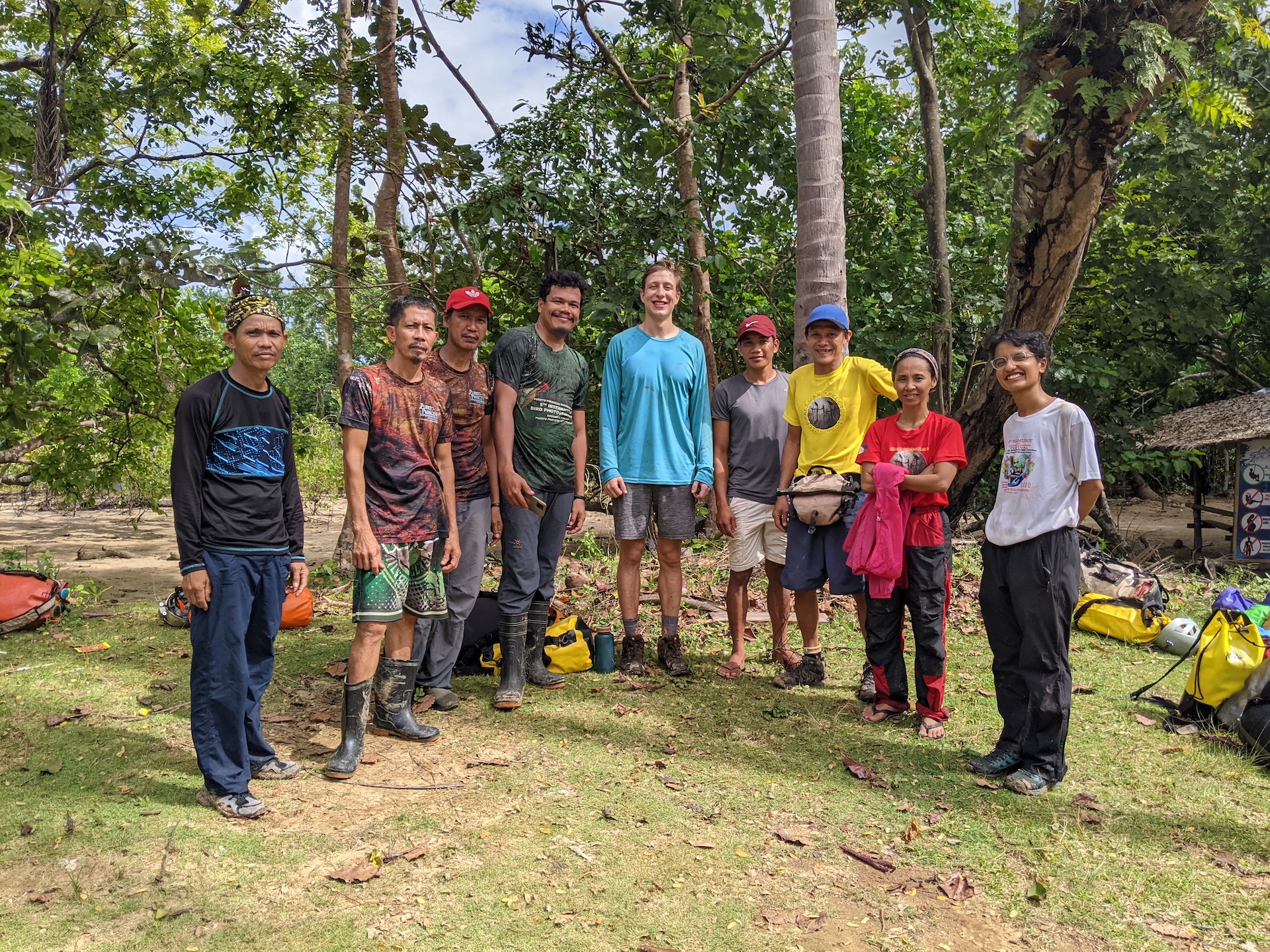Teaching as Generative
In the fall of 2022, Natasha Sekhon co-taught her first course at Brown alongside Dan Ibarra, Assistant Professor in DEEPS and IBES and Natasha’s primary collaborator. The class, a freshman seminar entitled “Historical Climatology and Global Climate Change,” started by outlining the basics of climate sciences, then transitioned to examining how previous civilizations dealt with and withstood changes in climate.
“We asked the students at the beginning of the semester why they were enrolled in the course, and they continuously said, ‘We want to better articulate the science,’” Natasha noted. She recalled how one student aimed to effectively communicate ideas about climate change to people in his hometown in Oklahoma, highlighting how teaching can be a cyclical, generative process. “I feel like if students then go to their communities and talk about climate change, it has the potential to be more impactful than a scientist coming from elsewhere and telling them what's happening,” Natasha remarked.
Beyond the course, Natasha also serves as a mentor for two undergraduate students working in the Ibarra Lab, guiding them through stalagmite cuttings and analysis. And once her time at Brown comes to a close at the end of 2023, she will continue teaching as a newly minted geoscience professor at Occidental College in Los Angeles, California.
Engaging with Communities Abroad
Beyond the classroom, Natasha has been studying the history of the water cycle in the Philippines. To do so, she travels across the globe to collect cave samples, which serve as a type of climate proxy. This process is anything but easy, and it relies heavily on local collaborators.
“We were working with national park rangers and the community over there,” Natasha recalled. “So we are actively monitoring campsites in the Philippines and working with the people in those areas and sharing our science with them.” And the sharing is mutual: “[The local researchers] are collecting drip water for us and sending us observations … it's citizen science and just showing how engaged they are in the research.”
.jpg)
One reason for studying the past is to inform the present and future in the Philippines. “The country is getting hit by more typhoons, so they want to know if that’s happened in the past, and they see our research as a way of answering that question,” Natasha said. “So we’ve had a lot of community engagement in that sense as well.”
Working with the community is particularly important when it comes to access. “A lot of the caves are protected territory,” Natasha stated, “so you need to have local collaboration and see who wants to talk to you.” Natasha’s team specifically worked with Palawan Speleo — one of numerous caving clubs around the world (what would be called “grotto clubs” in the US) — to gain entry to their cave.
“I think it's a lot of trust and transparency,” Natasha noted, reflecting on how she established such strong relationships with local researchers. “We also asked them what we could do for them, and they requested to be included in the abstracts. So I think it's about having a conversation early on and constantly having that conversation rather than dictating terms. I think that makes a huge difference; it’s a lot of time and effort, but it’s worth it.” Though Natasha has since returned to the U.S., she still maintains connections with her international colleagues: every so often, they message her on Facebook, fondly calling her “Nat” and sending updates or asking for advice.
Natasha hopes to continue cultivating these academic and personal relationships in her future endeavors. She maintains her long-standing goal to travel back to her native Punjab, India, to study its changing weather patterns alongside local organizations and caving communities. Until then, she looks forward to returning to the Philippines in September to further her current work — and to reunite with her fellow collaborators.

Team members from left to right: Jones Tabujara, Khylle Tabujara, Luisito C. Cellino, Jered C. Maquitoque, Bryce Belanger, Reymond Q. Camron, Bibem L. Jala, Edralin P. Orpilla, and Natasha Sekhon